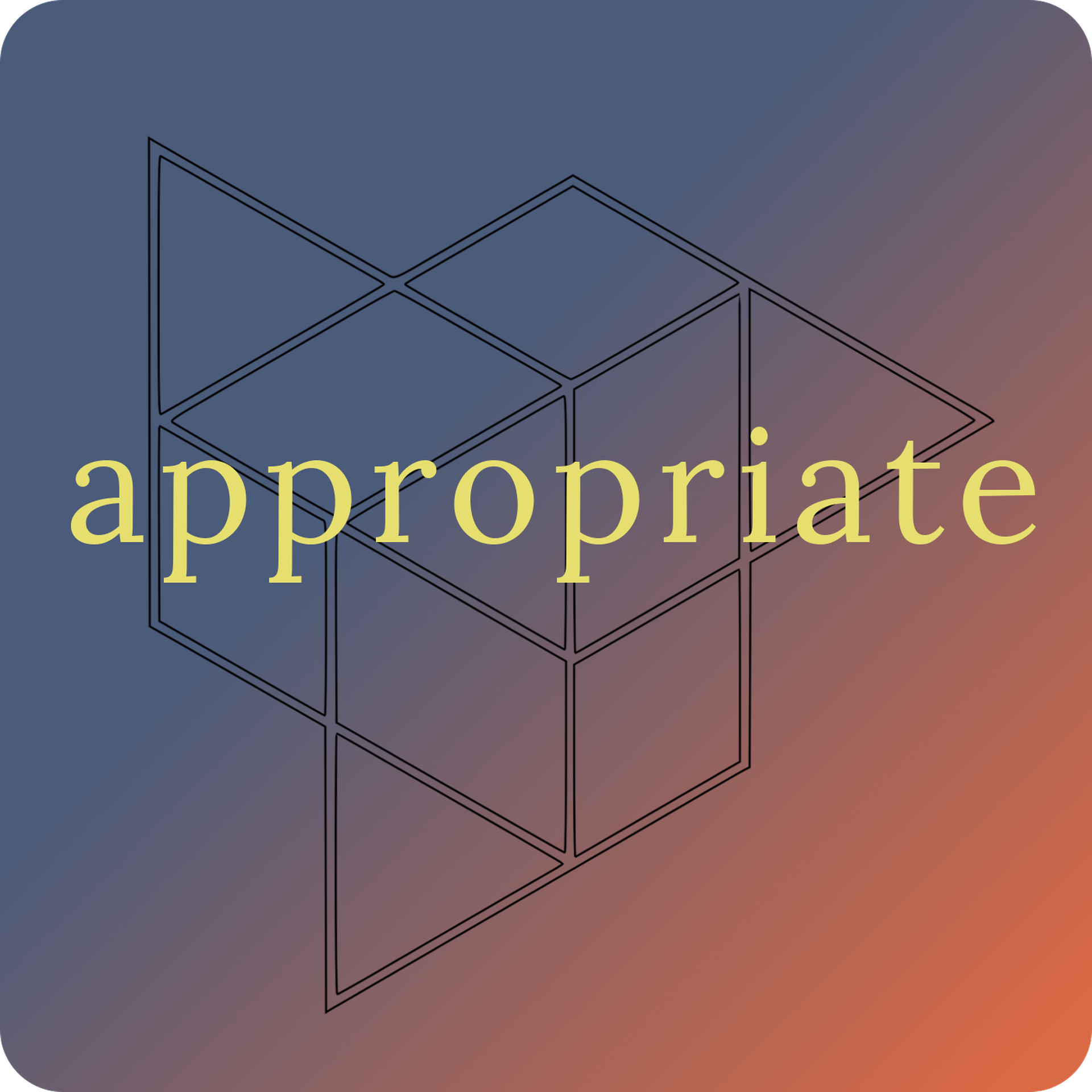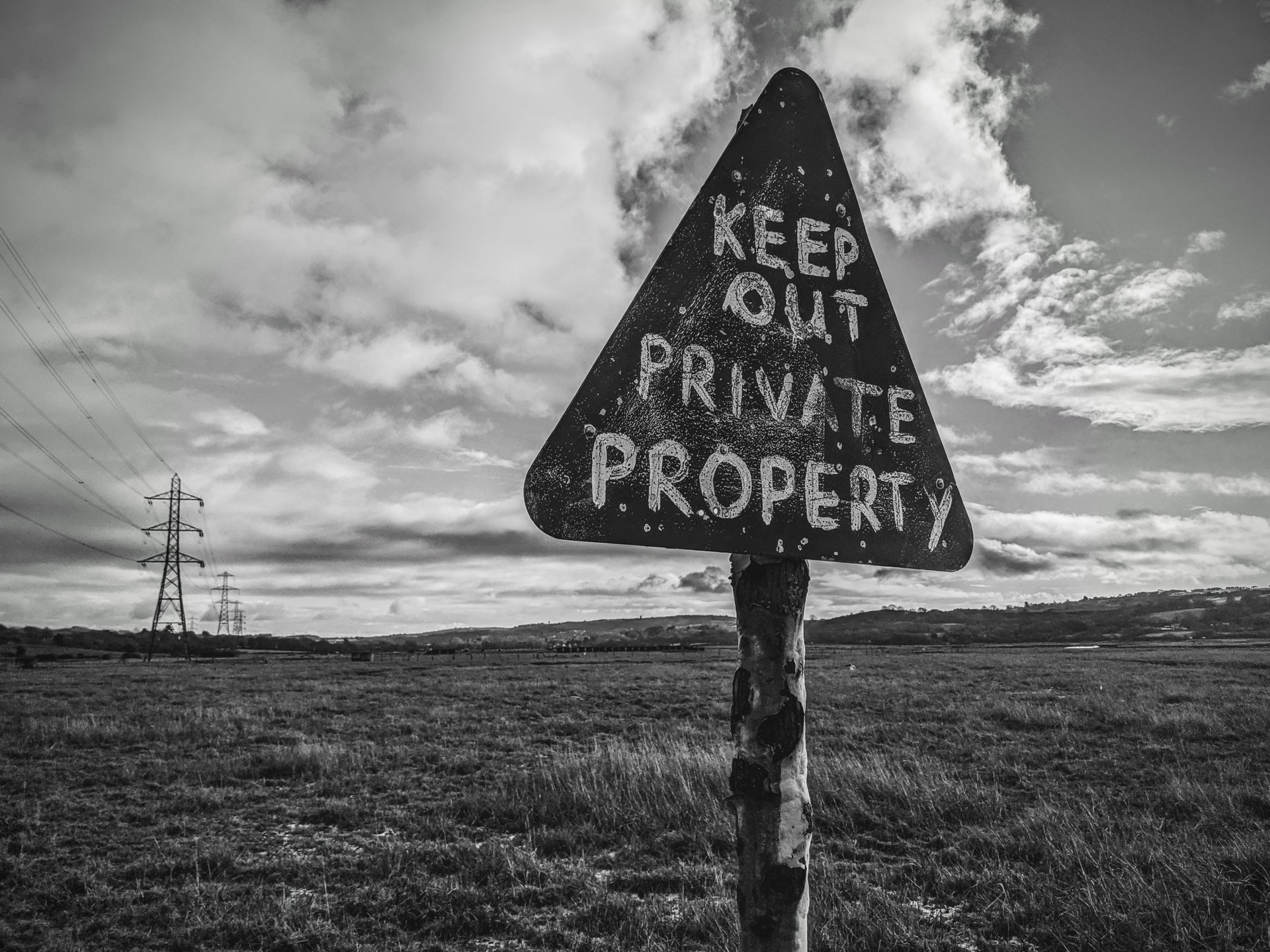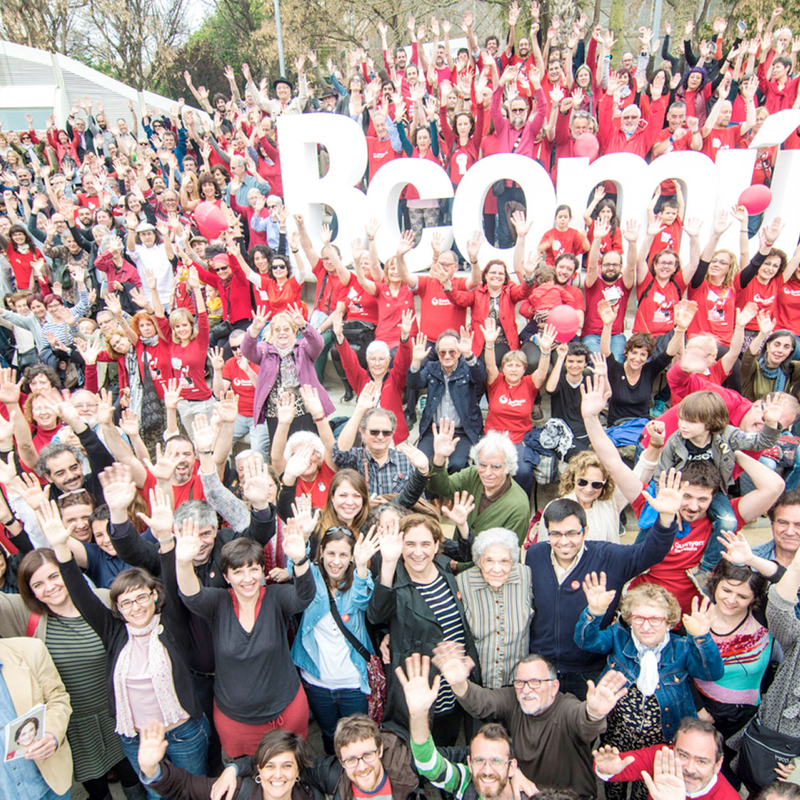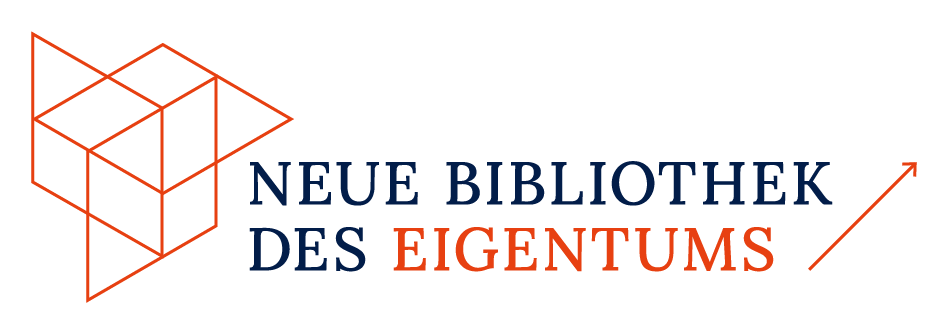Podcast
Appropriate – der Podcast
APPROPRIATE erforscht verschiedene Dimensionen von Eigentum, seine politische Dynamik und die sozialen Auswirkungen und wagt sich an das Nachdenken über Alternativen zum Eigentum. APPROPRIATE bringt Forscher*innen aus verschiedenen Disziplinen, Aktivist*innen und politische Entscheidungsträger*innen zusammen, um ihre Perspektiven zu einem breiten Spektrum von Themen zu diskutieren, darunter die Sharing Economy, urbane Commons, Wohnen, natürliche Ressourcen, Reproduktionsmedizin und Bioökonomie. APPROPRIATE ist der Podcast des Sonderforschungsbereichs "Strukturwandel des Eigentums" der Universitäten Jena und Erfurt (SFB TRR 294).
Musik: CC BY-SA, Song Paper Tiger's Grip by Mid-Air Machine
Bei Fragen oder Beiträgen zum Podcast bitte an appropriate_podcast@protonmail.com schreiben!

Trailer

Der Trailer gibt einen kleinen Einblick in das Vorhaben des Podcasts und seine Themen.
Trailer zum PodcastLooking Back at Eight Years of Municipalist Government in Barcelona
The movement-party Barcelona en Comú and politics of democratic ownership
In this episode, we reflect on the rise, evolution, and legacy of Barcelona en Comú, the emblematic movement-party that governed the city of Barcelona from 2015 to 2023. Joined by long-time activist and former political advisor Elia Gran, as well as researchers Silke van Dyk and Luzie Gerstenhöfer (University of Jena), the conversation explores the key ambitions, successes, and tensions of this bold experiment in municipalist governance. The episode draws from the sociological research project „Public Politics and the Future of the Commons“ to unpack strategic shifts in areas like housing, municipalization of public services as well as social and economic policies. Together, the guests consider what can be learned from the Comuns’ experience, how the party related to social movements and class politics. Now that the Comuns are out of office, the time is ripe for a candid assessment beyond their frequent representation as a European lighthouse case for alternative local politics: What did the municipalist turn achieve—and where did it fall short? Tune in for a rich researcher-activist dialogue on the possibilities and pitfalls of transforming politics from the ground up. This episode is a cooperation with the Urban Political Podcast.
Gäste/Gästinnen: Silke van Dyk, Luzie Gerstenhöfer, Elia Gran
Anhören auf:
From Contested Ownership to (In)Voluntary Returns

This episode documents the workshop about interdisciplinary perspectives on the postcolonial fight for restitution and reparation. In the beginning, the organizers of the workshop, Silvan Niedermeier (University of Erfurt) and Sahra Rausch (Friedrich Schiller University Jena), will present the event. Afterwords, there is an interview with Flower Manase (National Museum of Tanzania) conducted by Aari Hönning (University of Erfurt).
The interdisciplinary workshop aimed to reassess the fight for repatriation and restitution by bringing together questions of ownership and voluntariness that are addressed in the Collaborative Research Center “Structural Change of Property” (Universities Erfurt and Jena) and the DFG-Research Unit on “Voluntariness” (Universities of Erfurt, Jena and Oldenburg). As part of the workshop, Flower Manase spoke about Restitution and the Question of “Cultural Belongings/Properties Ownership” in Tanzania. In the interview, she talks about her motivation, experiences and challenges during her work as one of the curators of the National Museum of Tanzania.
Links:
Flower Manase’s LinkedIn: https://www.linkedin.com/in/flower-manase-4b432426/
Aari Hönning‘s Podcast: https://podcasts.social/@Vergangenes_in_Wort_und_Bild
Gäste/Gästinnen: Flower Manase, Silvan Niedermeier, Sahra Rausch
Anhören auf:Schulden in der neuen Kapitalismusgeschichte
Diese Episode von appropriate dokumentiert eine gemeinsame Buchpräsentation zweier Bücher zum Thema Schulden in der neuen Kapitalismusgeschichte. Die 2024 erschienenen Bücher Leben auf Kredit. Menschen, Macht und Schulden in den USA vom Ende der Sklaverei bis in die Gegenwart von Felix Krämer (Erfurt) und Auf Pump. Ratenkredite im industriellen Kapitalismus 1860–1910 von Matthias Ruoss (Fribourg) schreiben sich mit ihren Untersuchungen von Kreditverhältnissen und Schulden in die neue Kapitalismusgeschichte ein. Im Rahmen einer gemeinsamen Buchpräsentation wurden die Bücher im Forschungsbau Weltbeziehungen der Universität Erfurt vorgestellt und kommentiert von Jule Govrin (Universalismus von unten. Eine Theorie radikaler Gleichheit, Suhrkamp 2025) und Friedrich Lenger (Der Preis der Welt. Eine Globalgeschichte des Kapitalismus, Beck 2023).
Gäste/Gästinnen: Felix Krämer, Jule Govrin, Matthias Ruoss, Friedrich Lenger
Anhören auf:
Private property and public commons – narrowing the gap mit Klaus Bosselmann

Klaus Bosselmann von der University of Auckland (Neuseeland) versucht in dieser Folge Privateigentum mit dem Schutz von öffentlichen Gütern zu vereinen. Global Commons, also die Atmosphäre, das Wasser, Land, Luft und die Biosphäre sind auch durch die Ausweitung des Privateigentums stark bedroht. Wie kann der Eigentumsbegriff juristisch neugedacht werden, damit das Recht effektiv zum Umweltschutz beiträgt und was kann dabei aus indigenen Ansätzen gelernt werden? Diesen Fragen wird im Vortrag von und Interview mit Rechtswissenschaftler Klaus Bosselmann nachgegangen.
Gast/Gästin: Klaus Bosselmann
Anhören auf:In Conversation with Clara Salazar (The Urban Lives of Property Series IV)
In this inaugural Spanish-language episode of the Urban Lives of Property Series, Clara Salazar delves into the history and concept of the ejidos—collective forms of land ownership introduced by the Mexican Revolution in 1917. Following this, the state began redistributing land to impoverished farmers under the condition that they organize themselves into collectives. Ejidal land, which was typically rural land, could not be sold. The significance of the ejidos persists to this day, although this form of collective ownerships has been the subject of numerous struggles and controversies. In 1992, the rights to ejidal lands were liberalized to permit their sale. Concurrently, the rights associated with private property were strengthened, providing powerful private owners with nearly unmatched opportunities to manage and profit from their lands, leveraging surplus value through public infrastructure provision while offering minimal compensation in return. Meanwhile, self-managed settlements by poor urbanites dwelling informally on the outskirts of metropolises have increasingly encroached upon ejidal land, leading to a parceling of the land and a profound transformation of Mexican cities. Against this backdrop, Clara Salazar makes a compelling case for enhancing public capacities to regulate urban land and to capture surplus value—a challenge that many Latin American countries face, alongside the ongoing evolution of property forms that separate land and housing ownership. An English translation of the transcript is available for download.
This episode is a collaboration with the Urban Political Podcast.
Click here for the original transcript in Spanish.
Click here for the transcript in English.
Gast/Gästin: Clara Salazar
Anhören auf:
In Conversation with Jean-David Gerber (The Urban Lives of Property Series III) - Property, Planning and Institutional Power: A view from Switzerland

This episode of the Urban Lives of Property Series expands discussions geographically and conceptually: Our guest in this episode, Jean-David Gerber, helps us think property from Switzerland and other places. He speaks with the hosts Hanna Hilbrandt and Markus Kip. Starting off with the observation that there is no single understanding of property, Jean-David argues that it is important for any consideration to be context-specific and to realize that property is not the same as propriété or Eigentum. Jean-David elaborates on his approach to property on the basis of the Institutional Resource Regime framework that he has been working on with colleagues for many years. Based on his fieldwork in Ghana, Senegal and Switzerland, he discusses the application of the framework aimed to consider the combined effects of public policies and property rights on the use of resources and the users themselves. Focusing on the case of Switzerland, he talks us through the legacy and ongoing relevance of old forms of collective property in forests and shared pastures in the mountains. Moving to the debate around new (urban) commons, the episode also covers current struggles and conflicts around the land policy paradigm in Switzerland, as well as new ideas in planning to exercise greater influence in urban development in the public interest.
The episode is a collaboration with the Urban Political Podcast.
Gäste/Gästinnen: Markus Kip, Jean-David Gerber, Hanna Hilbrandt
Anhören auf: